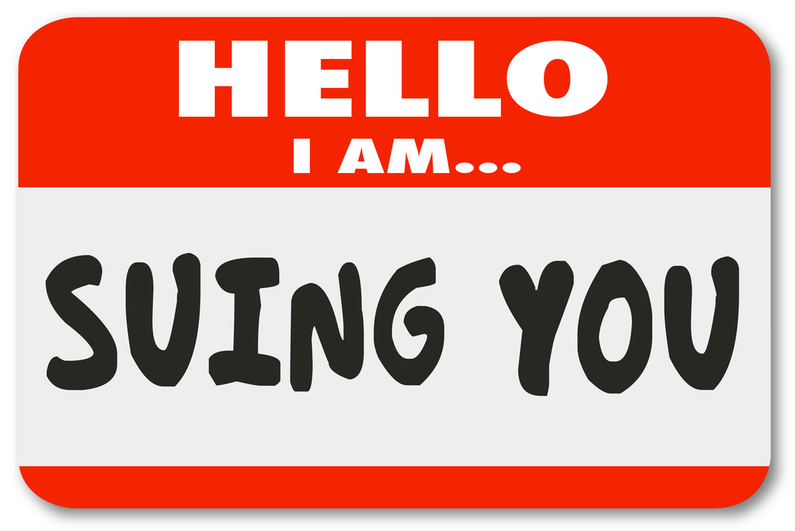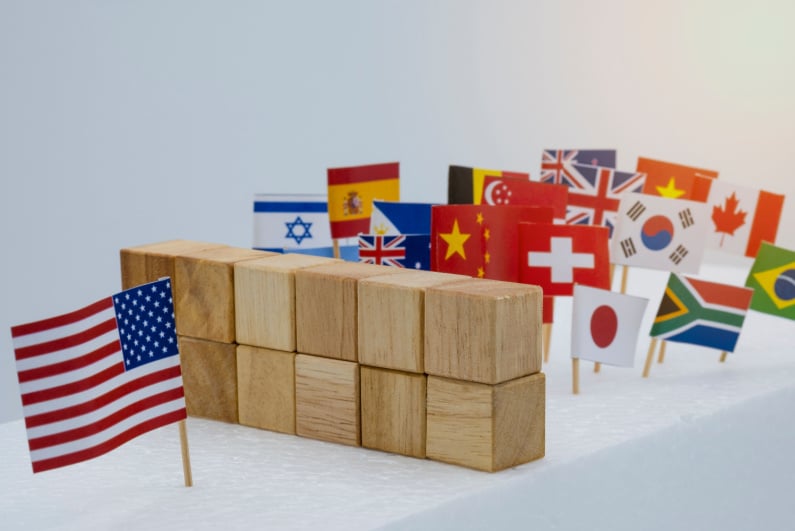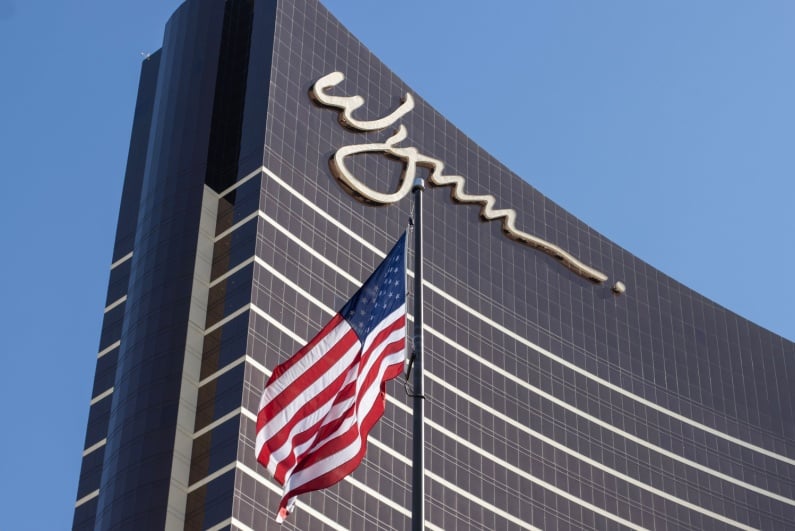Sands claims illegal Seminole interference
The legal skirmishes over Florida’s gambling industry continue, this time with groups associated with Las Vegas Sands Corp suing parties acting on behalf of the Seminole Tribe of Florida. The plaintiffs claim that the Tribe, along with organizations working its behalf, is illegally interfering with Sands’ efforts to get a gambling expansion measure on the state’s 2022 ballot.
Las Vegas Sands supports a ballot measure that would permit card rooms already in operation to become full-fledged casinos, provided they are at least 130 miles away from a gaming property owned by the Seminole Tribe. Sands needs 900,000 petition signatures to get the referendum in next year’s election, so it has hired firms to go out and gather said autographs.
“coordinated harassment and intimidation campaigns” against signature gatherers
Alleging “tortious interference with business relationships,” Sands has accused the Tribe of “coordinated harassment and intimidation campaigns” against signature gatherers, as well as “paying off” contractors to not do their jobs in support of the ballot measure.
Paying big money to flip
According to the lawsuit, and as reported by Politico, a woman named Ginger Donat offered $2,000 to a private investigator working for Human Connections – a company hired by Sands to gather signatures – to work for the Seminoles. She herself would receive $500 if the private investigator (who she thought was a petition circulator) “defected to the ‘other side.’”
Donat also allegedly told the private investigator that the Tribe was offering signature gatherers as much as $7,000 to leave the state and not do the work. The payment would come in three parts: $2,000 up front, $2,500 in three weeks if they signed into the Tribe’s gaming portal (which would track their location to ensure they were not in Florida), and $2,500 three weeks later if they stayed away for the entire duration.
I can’t explain but it’s irresistible money”
Donat was not shy about recruiting people from Sands’ side. “If any of you find people working the other side petitioning that are from out of state let me know asap as I am only authorized to offer a super sweet deal to them ok,” she texted to the private investigator and other targets. “I can’t explain but it’s irresistible money so let me know if you find someone from out of state working any petitions.”
Pulling a fast one
Those payments were allegedly made in an office of a group named Only Petition Works in Maitland, Florida. The lawsuit claims the money was funneled through Cornerstone Solutions, which also allegedly targeted people collecting signatures for another ballot measure supported by FanDuel and DraftKings which would remove the Seminoles’ sports betting monopoly. Cornerstone Solutions is run by Rick Asnani, a consultant for the Seminole Tribe.
The boss of Cornerstone’s Maitland office was Mark Jacoby, who, as a signature gatherer California in 2009, fudged his address because only state residents could work in that role.
One thing Jacoby has been doing is running a “plebiscite” or a fake petition drive that the Seminoles’ opponents say is used to make people think they have signed one of the two legit petitions circulating in Florida. Thus, if someone who already signed the fake petition is approached by someone with a real petition, they may decline, thinking they had signed before.
The Maitland office paid the previously-mentioned private investigator $5 for each signature he collected for the plebiscite. It was a tricky play because Florida law requires signature gatherers to be paid by the hour, not by the signature. But since it’s not a real petition, that practice technically isn’t illegal.
It is that trickery, the lawsuit claims, that proves the Seminoles knew the petition was bogus, since they knew they couldn’t pay by the name if it was real.



